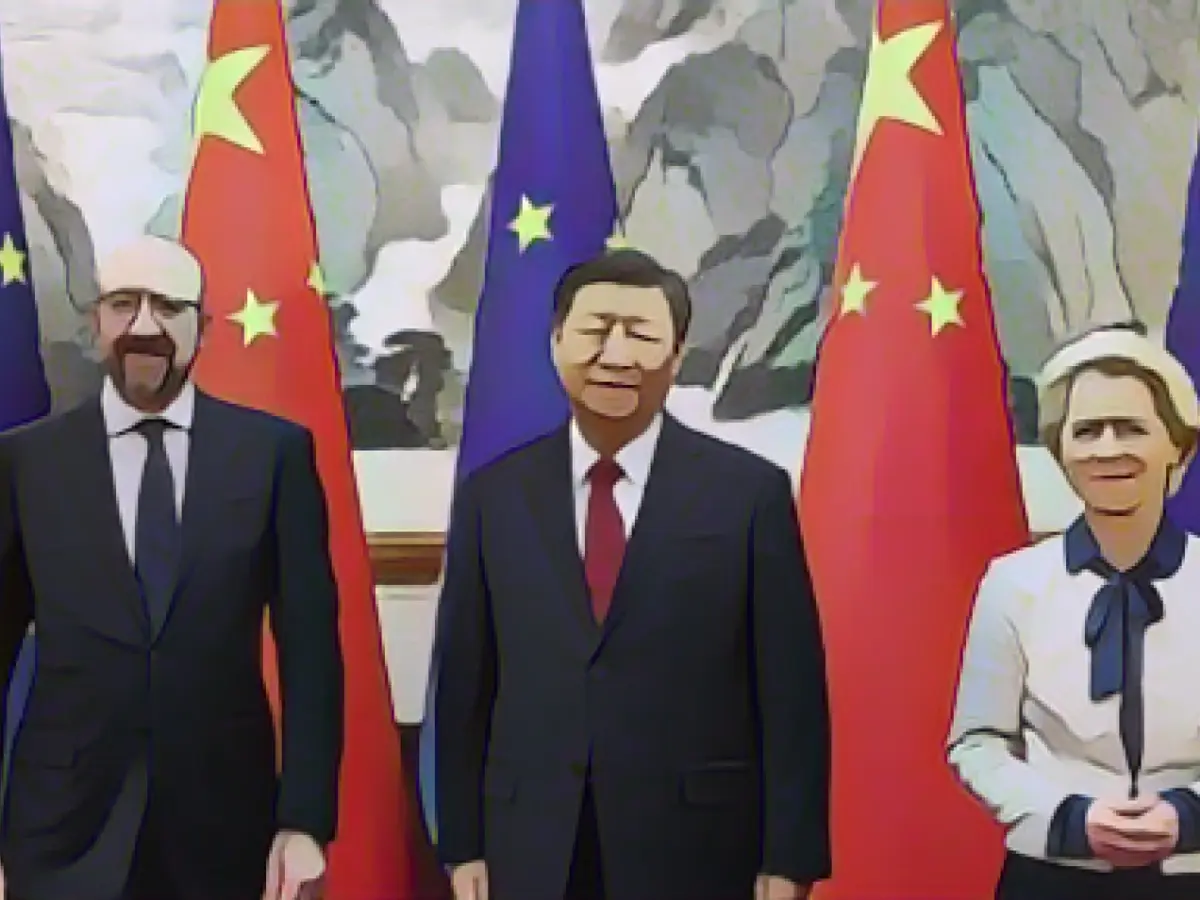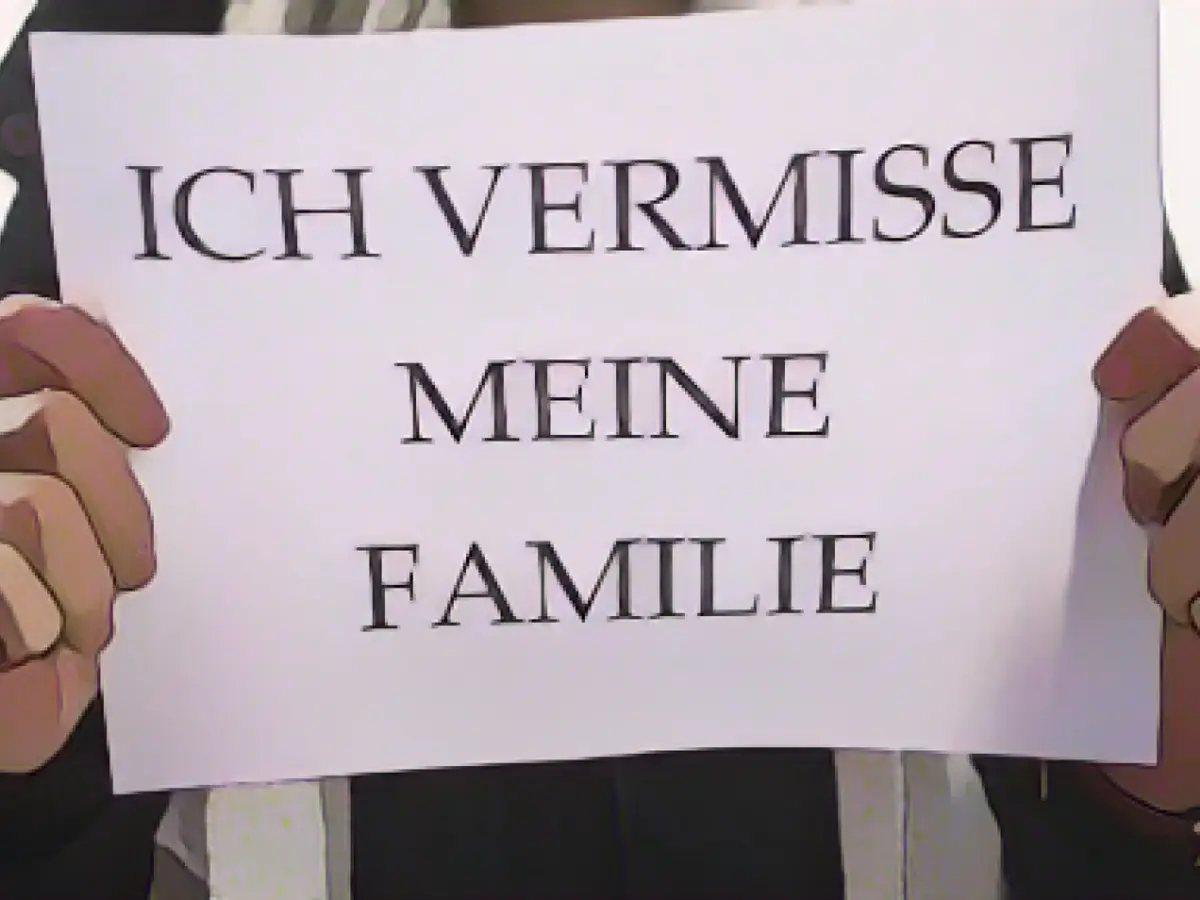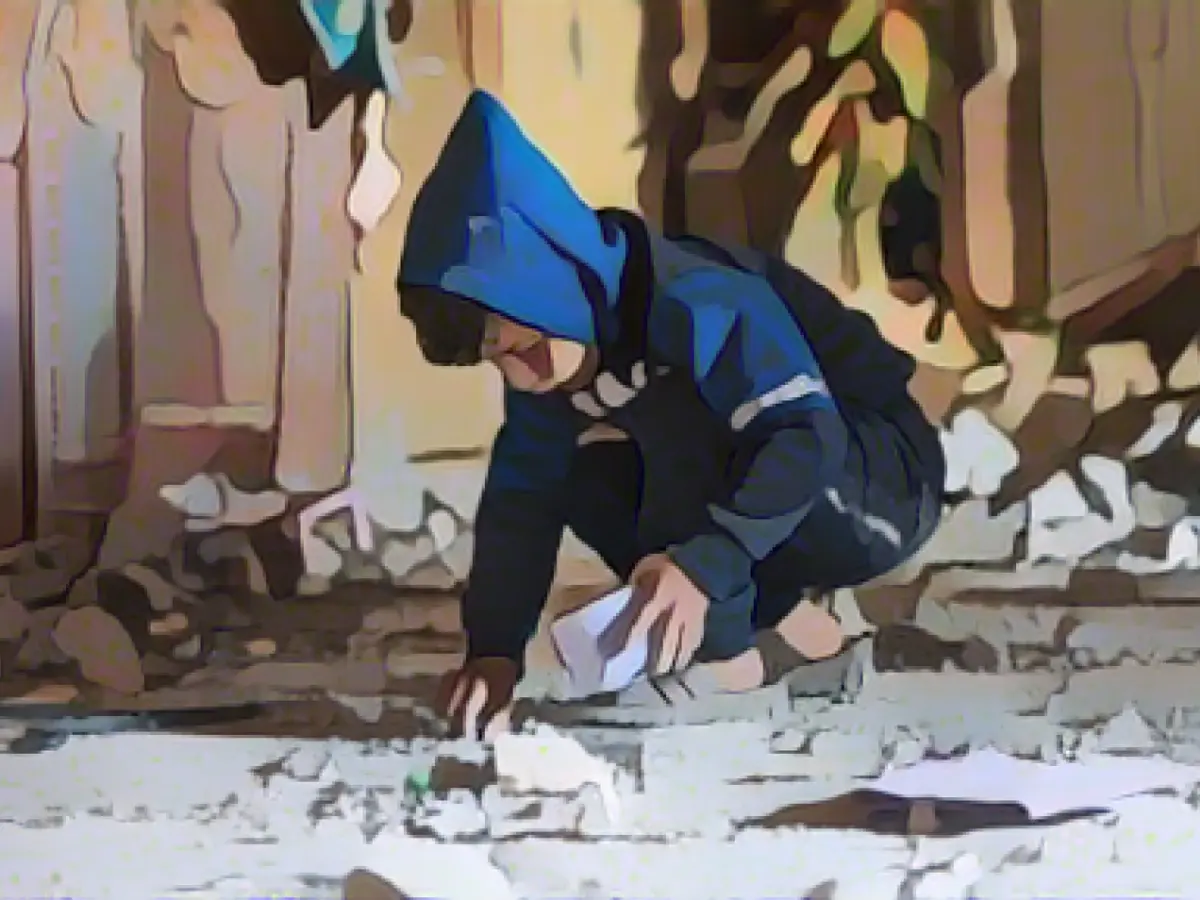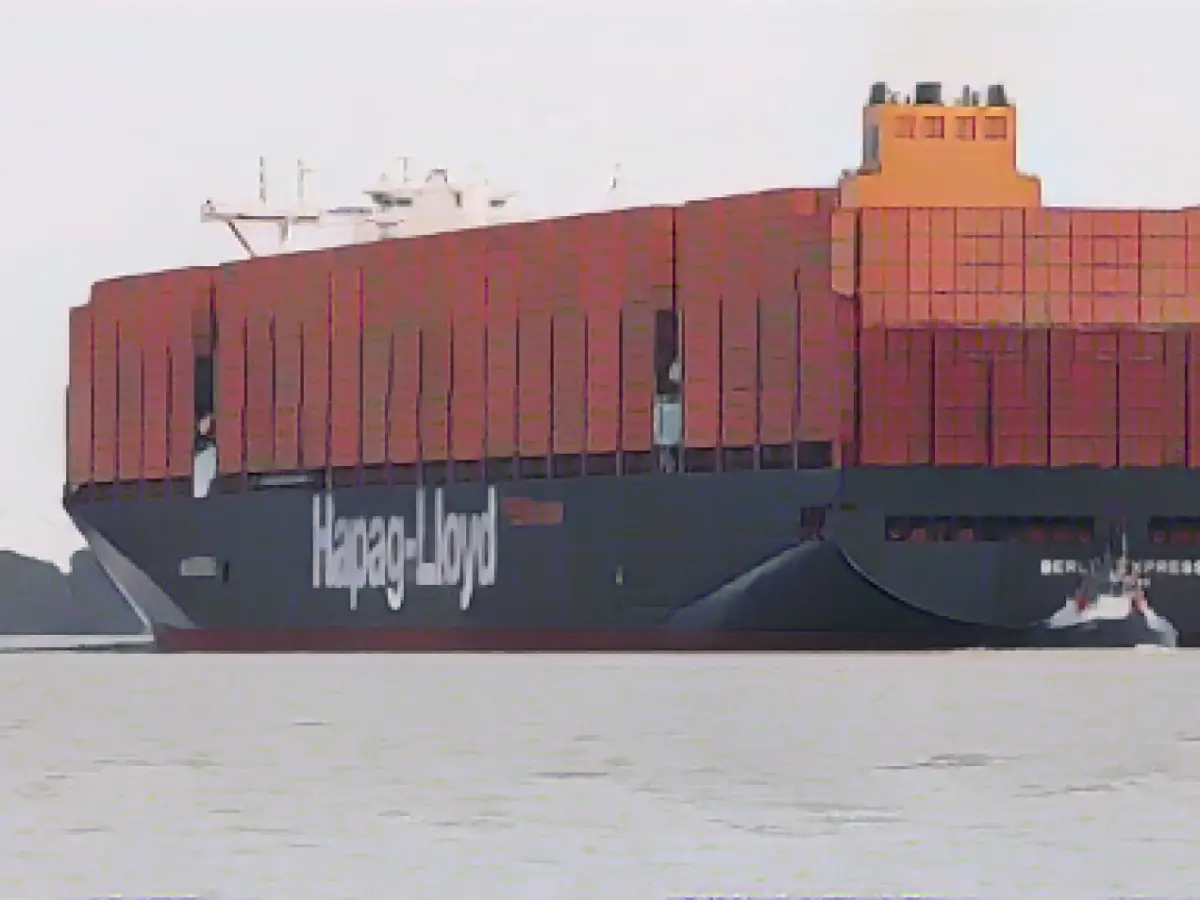EU Voices Concern over Taiwan and Ukraine at China Summit
In an informal setting, EU leaders voiced concerns about Beijing's actions concerning Taiwan and its military activities in disputed areas in the South China Sea during their first face-to-face meeting with China's head of state in years. Michel, the EU Council President, expressed confidence that China was aware of the potential consequences of an escalation in the region.
Michel also emphasized the EU's hope that China would apply pressure on Russia to halt its aggression against Ukraine. Commission President von der Leyen clarified that Brussels made it clear to China that their stance on the Ukraine conflict would impact their relationship with the EU. However, Beijing's Foreign Ministry made it clear that they wouldn't change their approach to Russia, with Putin deciding on actions based on his national interests.
Trade relations between the EU and China also proved to be a point of contention during the meeting. While Von der Leyen was pleased with the agreement on balanced trade, Wang saw no responsibility for the EU's trade deficit with China. The complexity of the relationship between the EU and China necessitates open discussions, as both sides expressed their desire for a stable and constructive relationship.
The cooperative spirit was evident in conversations regarding global challenges such as climate policy and artificial intelligence. Xi emphasized the need for China and the EU to address these issues together. However, the summit was overshadowed by Italy's withdrawal from the Chinese New Silk Road investment initiative.
China's Foreign Ministry spokesperson Wang Wenbin defended the New Silk Road project, criticizing Western accusations of indebtedness and division. Beijing insists on maintaining cooperation in the initiative and promoting global unity.
Background Insights
Taiwan Issue
China views Taiwan President Lai Ching-te as a "dangerous separatist" and is pursuing an aggressive campaign of coercion without violence to undermine Taiwan's psychological confidence and disunity. Taiwan, meanwhile, is focusing on reducing its economic dependence on China, engaging in diplomatic efforts, and building asymmetric defensive capabilities to deter a PRC invasion.
Ukraine War
The United States and EU have been strong supporters of Ukraine in its conflict with Russia, providing economic and military aid, and imposing sanctions on Russia. The US has also been a key player in international efforts to isolate Russia economically and diplomatically.
EU-China Relations
The EU and China are facing heightened trade tensions, particularly in the high-tech sector. EU firms are struggling with lower royalty rates forced upon them by China's practices. Increased regulatory scrutiny from the EU targets Chinese e-commerce platforms, and strategic autonomy is a primary concern in balancing economic interests with tighter oversight of Chinese firms.
Despite the ongoing tensions, both sides are exploring potential solutions for de-escalation. However, divisions among EU member states over proposed tariffs on Chinese EVs and China's anti-dumping investigation into EU pork exports reflect broader trade disputes.
Source:








